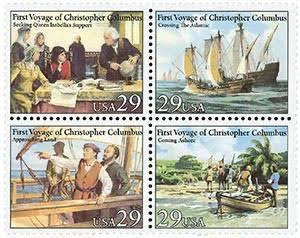The International Day of the Midwife is observed annually on May 5th. It's a day dedicated to recognizing and honoring the crucial role that midwives play in supporting mothers, babies, and families during pregnancy, childbirth, and the postnatal period.
Midwives are skilled healthcare professionals who provide essential care and support to women throughout the childbirth process. They offer a range of services, including prenatal care, education and counseling, labor and delivery assistance, and postnatal care for both mother and baby. Midwives also play a significant role in promoting maternal and newborn health, advocating for the rights of women, and providing culturally sensitive care to diverse communities.
The International Day of the Midwife aims to raise awareness about the importance of midwifery care, highlight the challenges and achievements of midwives worldwide, and advocate for increased investment in midwifery education, training, and resources. It's an opportunity to celebrate the dedication, skill, and compassion of midwives and to recognize their contributions to improving maternal and newborn health outcomes globally.









